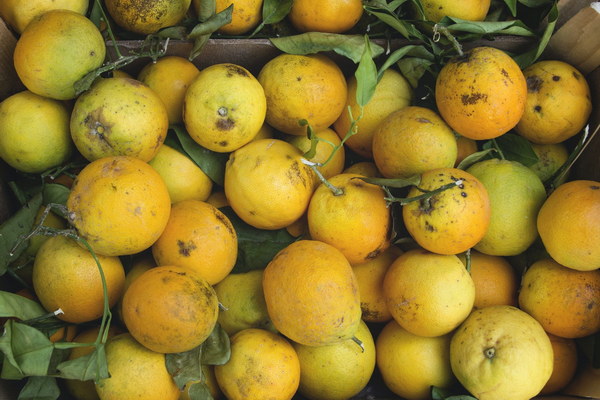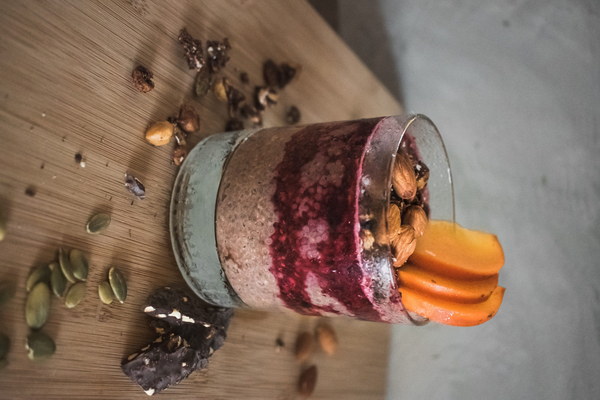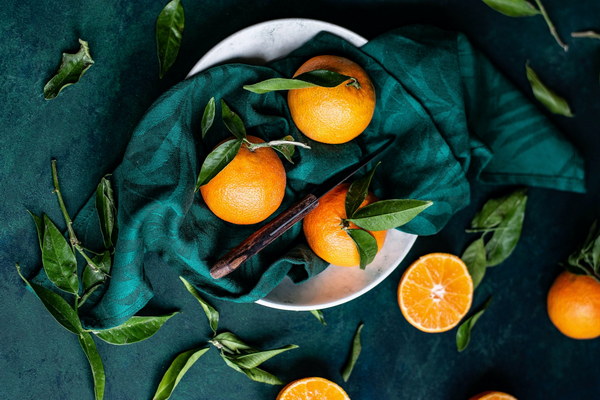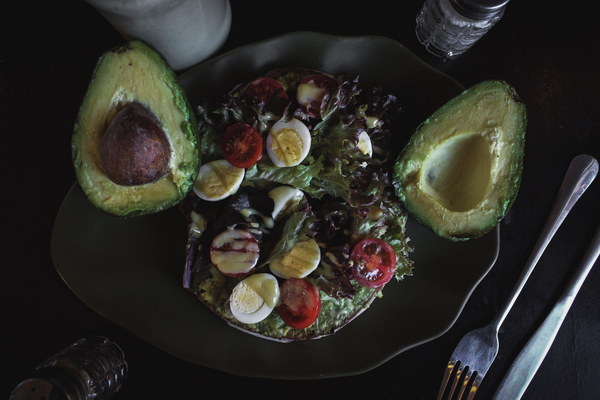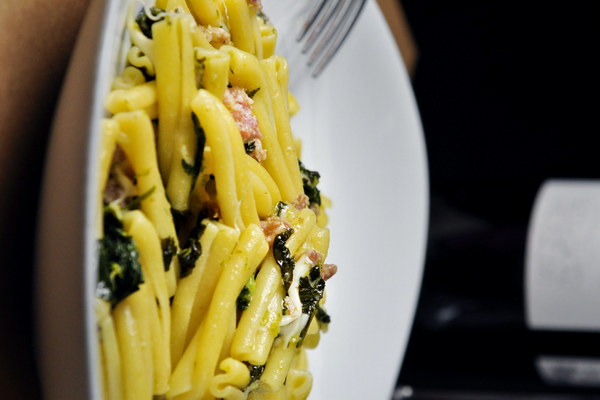The Power of LiverNourishing Diet A Comprehensive Guide to the First Step Towards a Healthy Liver
Introduction:
The liver is one of the most vital organs in our body, responsible for filtering toxins, metabolizing nutrients, and producing bile. A healthy liver ensures optimal functioning of the entire body. Adopting a liver-nourishing diet can significantly improve liver health and prevent various liver diseases. In this article, we will explore the first essential step towards a liver-friendly diet, focusing on the key nutrients and foods that can help keep your liver in top shape.
1. Importance of a Liver-Nourishing Diet:
A liver-nourishing diet is crucial for maintaining a healthy liver, as it helps reduce the workload on the liver, supports its natural detoxification process, and prevents the accumulation of harmful substances. By incorporating the right foods into your diet, you can support your liver's health and prevent liver diseases like fatty liver, hepatitis, and cirrhosis.
2. Key Nutrients for Liver Health:
a) Antioxidants: Antioxidants help protect the liver from oxidative stress and damage caused by free radicals. Foods rich in antioxidants include berries, nuts, seeds, dark chocolate, green tea, and cruciferous vegetables like broccoli and kale.
b) B Vitamins: B vitamins, particularly B6, B12, and folic acid, play a vital role in liver metabolism and detoxification. Foods rich in B vitamins include lean meats, fish, eggs, legumes, whole grains, and fortified cereals.
c) Selenium: Selenium is a mineral that enhances the liver's ability to detoxify harmful substances. Selenium-rich foods include Brazil nuts, seafood, poultry, and meats.
d) Omega-3 Fatty Acids: Omega-3 fatty acids help reduce inflammation in the liver and support its function. Foods high in omega-3 fatty acids include fatty fish (salmon, mackerel, sardines), flaxseeds, chia seeds, and walnuts.
3. Foods to Include in Your Liver-Nourishing Diet:
a) Leafy Greens: Leafy greens like spinach, lettuce, and kale are rich in fiber, vitamins, and minerals that support liver health. They help eliminate toxins and reduce inflammation.
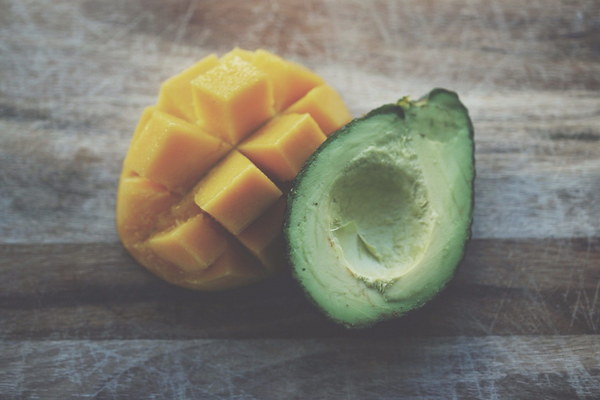
b) Cruciferous Vegetables: Broccoli, cauliflower, and Brussels sprouts contain compounds that stimulate the liver's detoxification enzymes, aiding in the removal of harmful substances.
c) Citrus Fruits: Oranges, lemons, and limes are high in vitamin C, which supports liver function and enhances its ability to produce bile.
d) Nuts and Seeds: Almonds, walnuts, chia seeds, and flaxseeds are excellent sources of healthy fats, antioxidants, and selenium, all of which contribute to liver health.
e) Lean Proteins: Lean proteins like chicken, turkey, and tofu help support liver function and repair damaged liver cells.
f) Fatty Fish: Fatty fish like salmon, mackerel, and sardines are rich in omega-3 fatty acids, which help reduce inflammation and support liver health.
4. Foods to Avoid in Your Liver-Nourishing Diet:
a) Processed Foods: Processed foods are high in unhealthy fats, sugars, and sodium, which can overload the liver and impair its function.
b) Refined Grains: Refined grains like white bread, pasta, and rice can contribute to inflammation and insulin resistance, putting additional stress on the liver.
c) Alcohol: Excessive alcohol consumption can cause liver damage, leading to conditions like fatty liver and cirrhosis.
d) Trans Fats: Trans fats are found in fried and baked goods, processed snacks, and some margarines. They can promote inflammation and increase the risk of liver disease.
Conclusion:
Incorporating a liver-nourishing diet into your lifestyle is the first and most essential step towards maintaining a healthy liver. By focusing on nutrient-rich foods and avoiding harmful substances, you can support your liver's function, reduce the risk of liver diseases, and enjoy overall better health. Remember to consult with a healthcare professional before making any significant changes to your diet.
